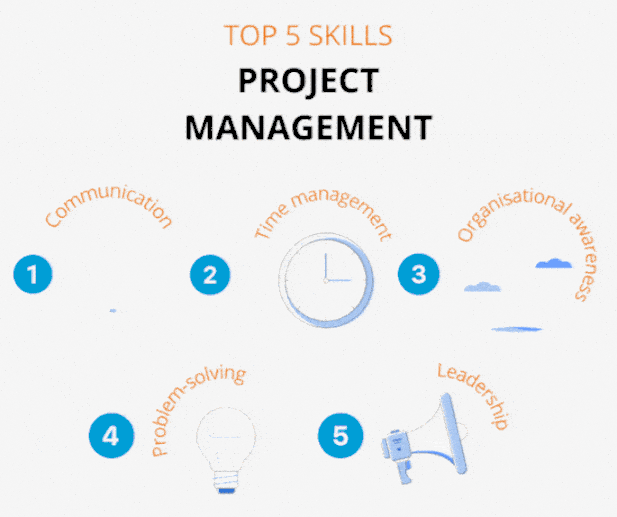1. Communication
Developing soft skills such as communication can be just a valuable as working on your technical skills.
As a project manager, maintaining clear lines of communication helps to keep project stakeholders informed and up to date with the progress of a job. To meet project deadlines, it’s essential that everyone is on the same page and kept in the loop about any changes or issues.
But that’s often not as simple as it sounds.
You may be required to lead teams from various departments, with different skills, who may not be used to working together. An effective communicator who can provide clear instructions and expectations for their teams will significantly increase work productivity.
Communication is a foundational skill you’ll learn to master in an MBA, incorporated into subjects that focus on the art of negotiation and conflict management, as well as emotional and cultural intelligence.












